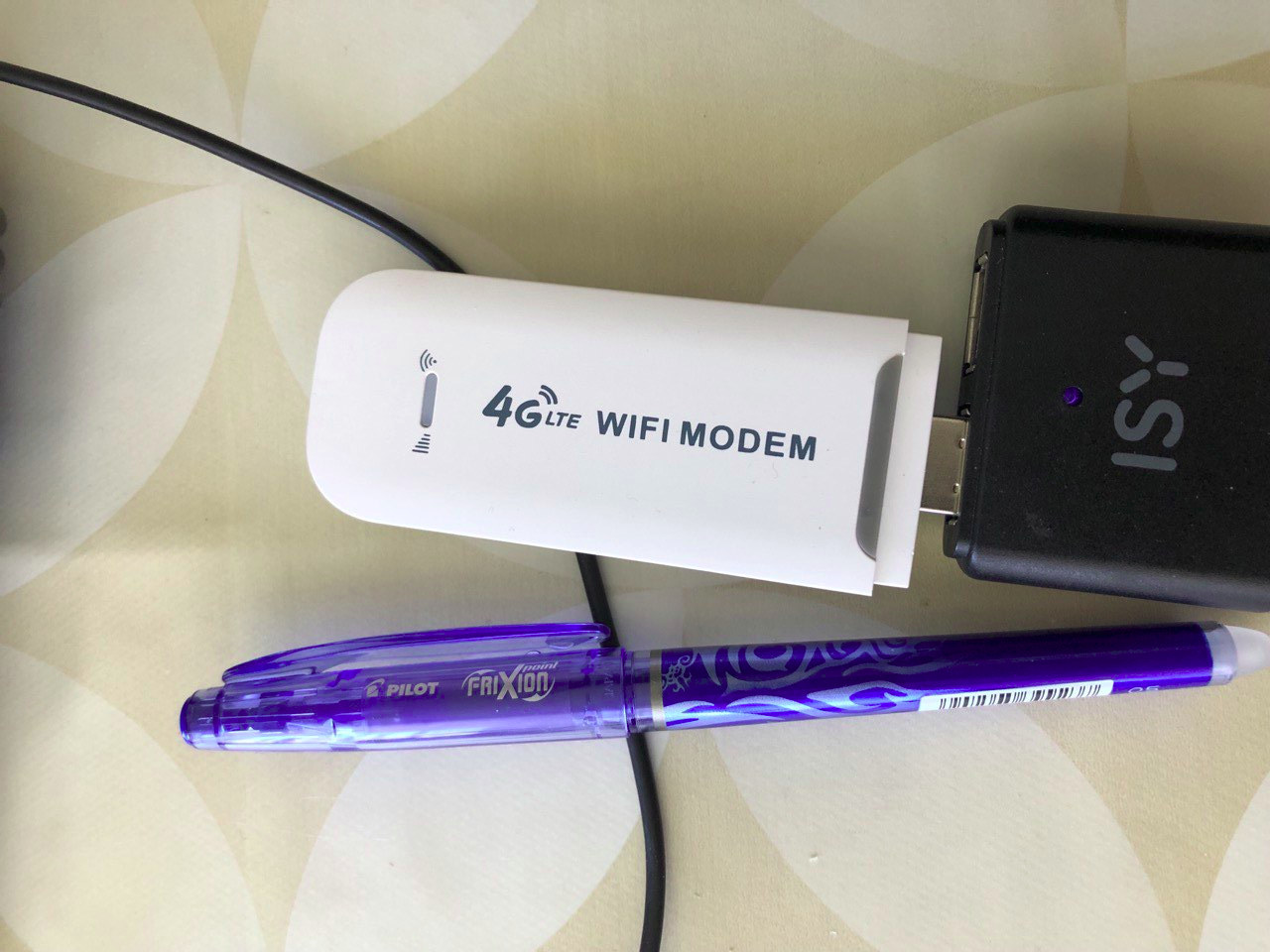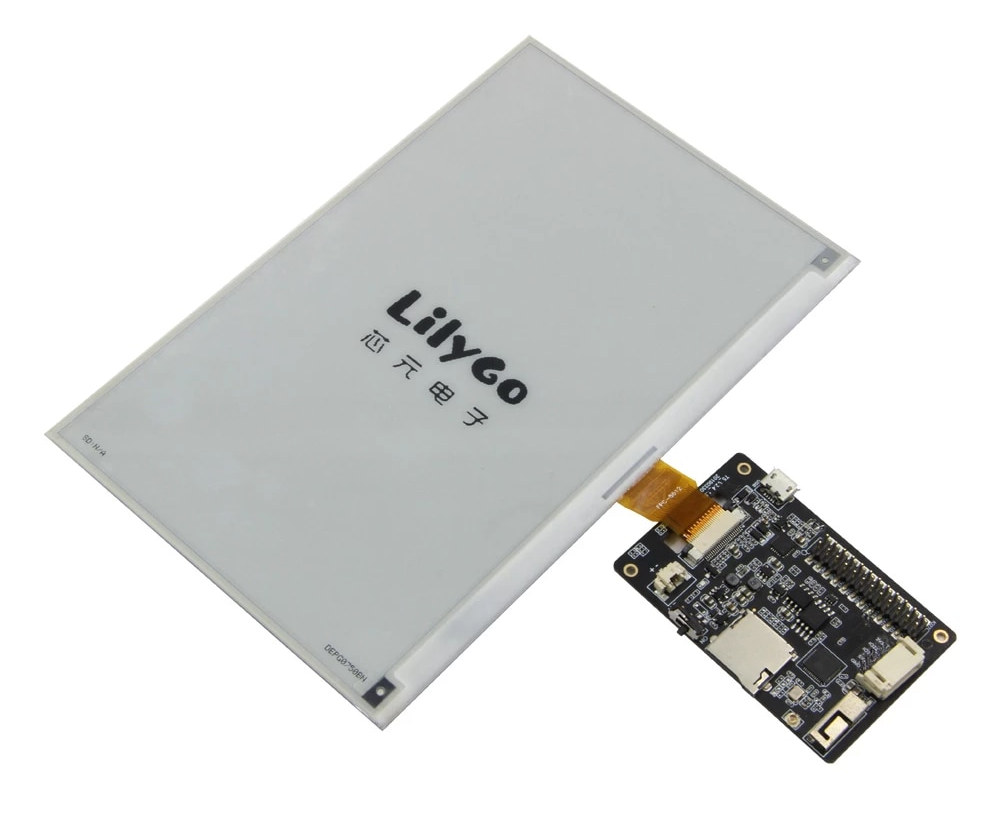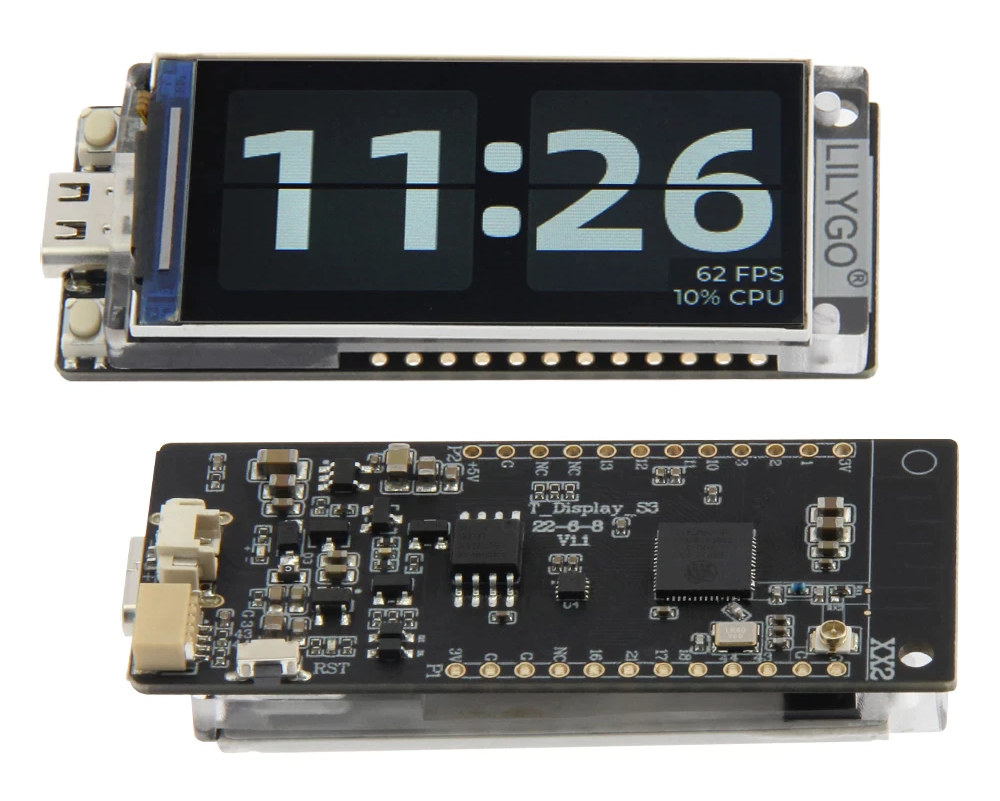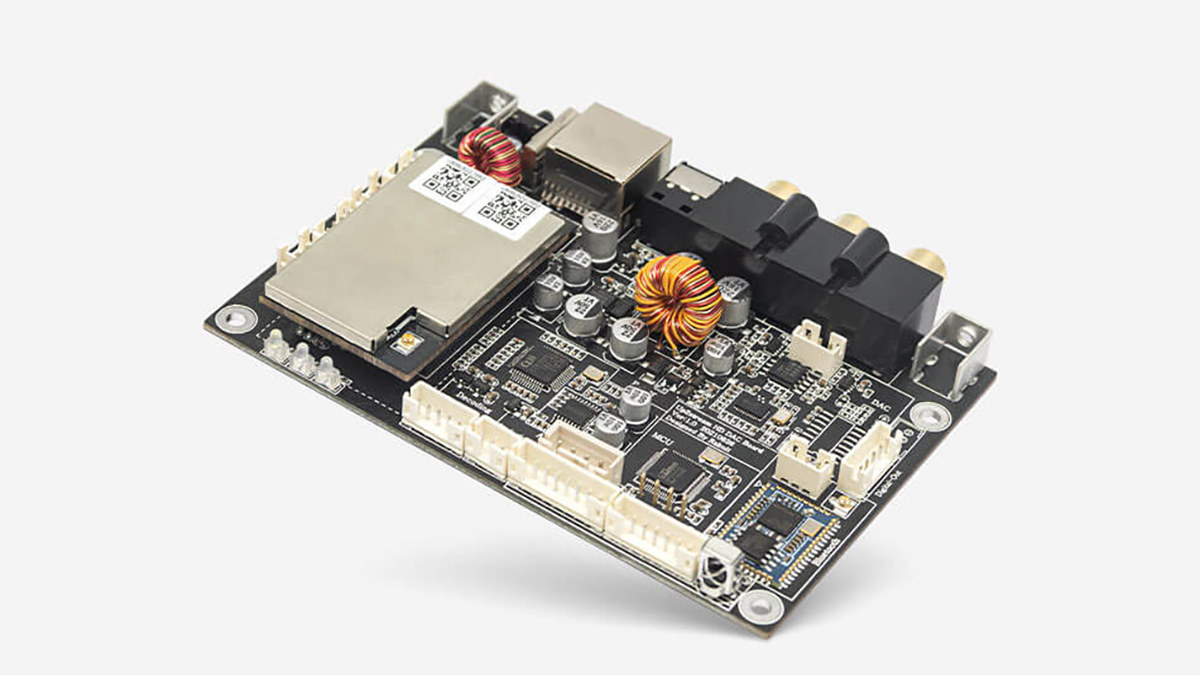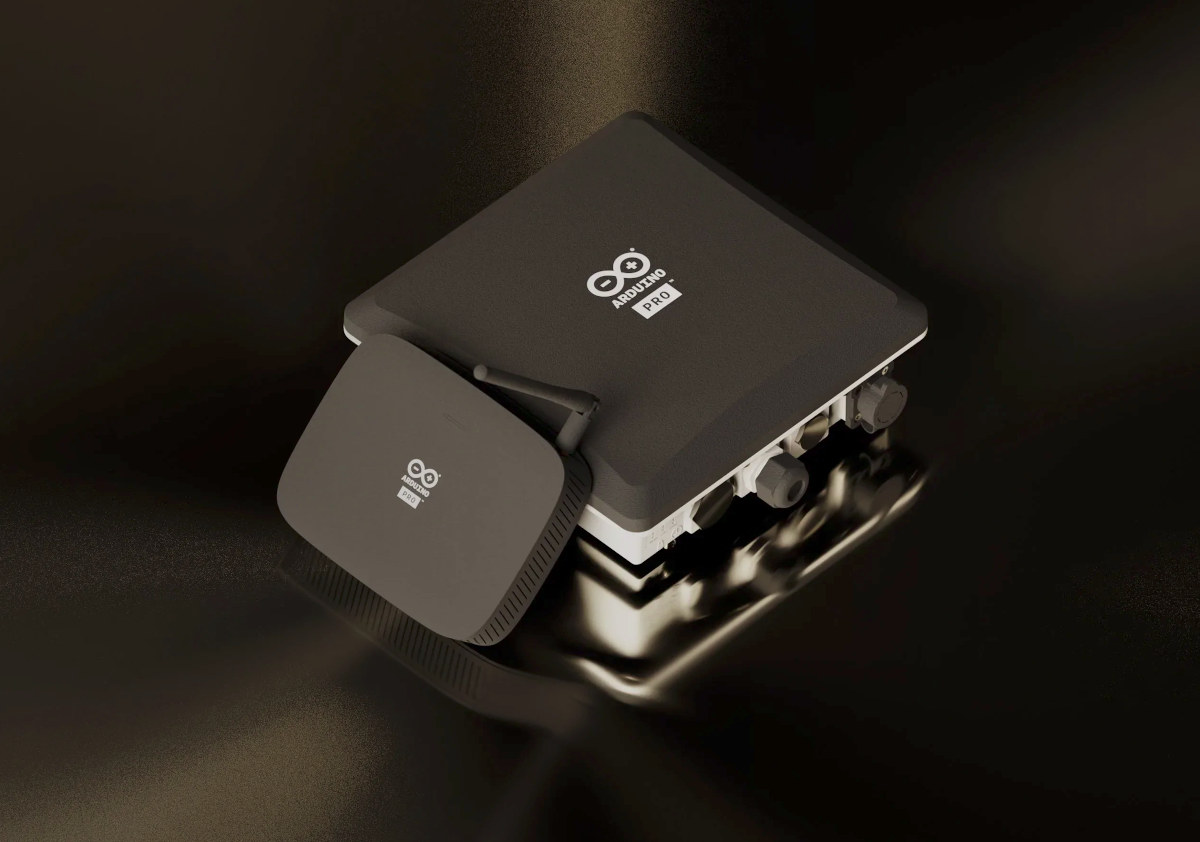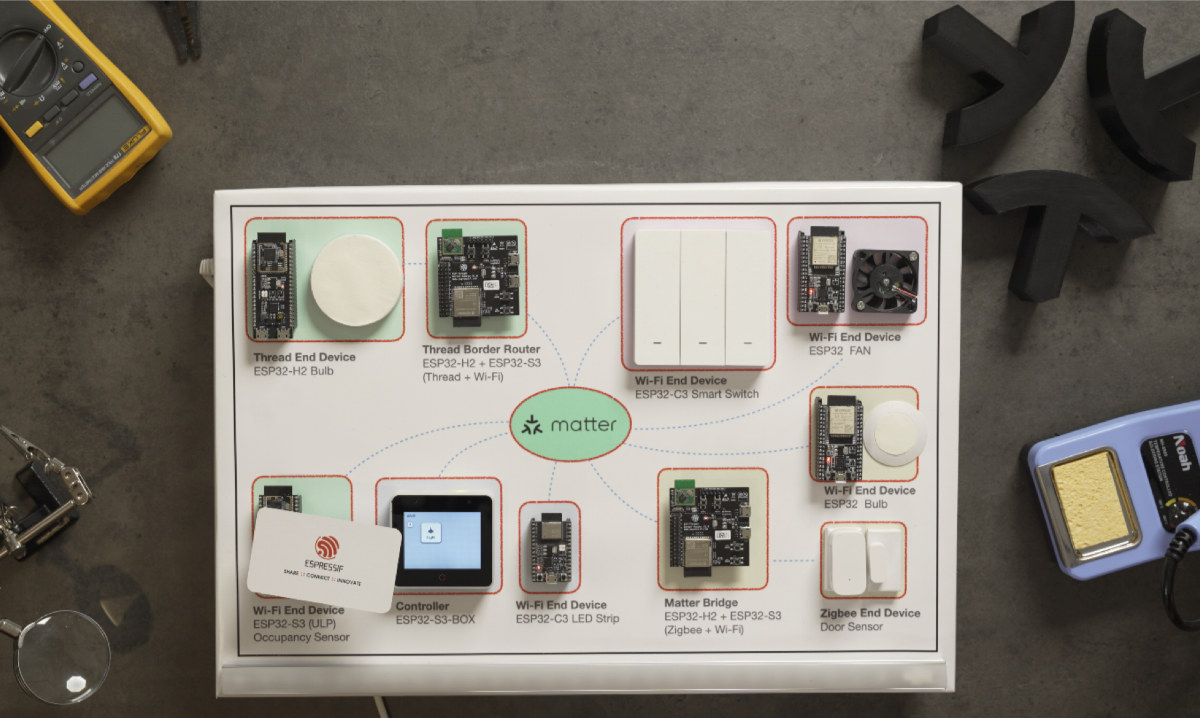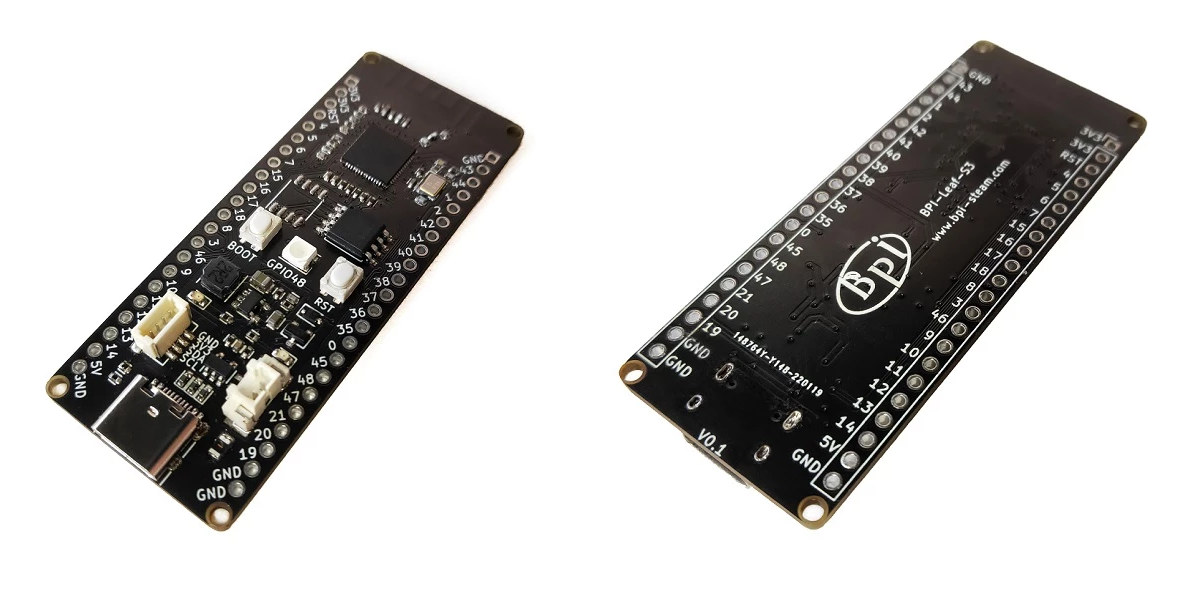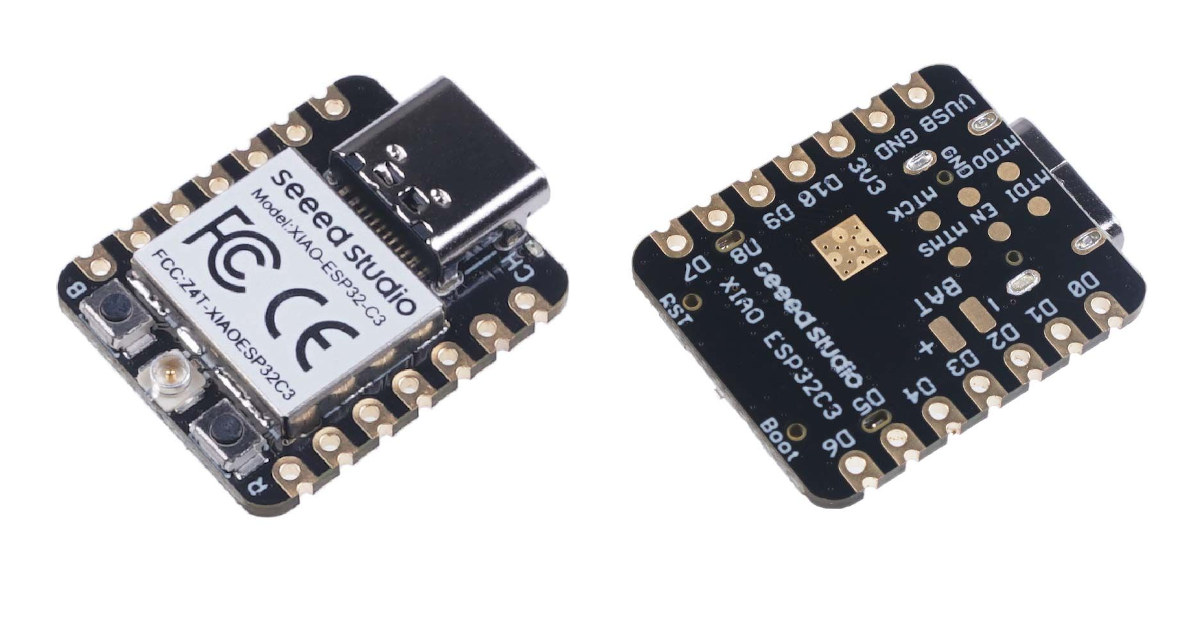Some ultra-compact 4G LTE wireless routers housed in what looks like a largish USB dongle are based on Qualcomm Snapdragon 401 (MSM8916) quad-core Cortex-A53 processor and have been hacked to run Debian 11 with Linux 5.15 instead of the pre-loaded Android OS. Soon after Extrowerk had purchased a ~$20 “4G LTE WiFi modem” USB dongle, he noticed it would show as “Android” when connected to his PC. It also turned out that Chinese hacker HandsomeYingYan had already done some work on the device modding the lk2nd bootloader and the Linux kernel for the OpenStick project for “mainline Linux on msm8916-based 4G USB modem”, and documented his work (in Chinese) to run Debian 11 on the “4G USB WiFi Modem” pictured below. Let’s go through some of the specifications of the said wireless router: SoC – Qualcomm Snapdragon 410 (MSM8916) quad-core Arm Corte-A53 processor with System Memory – 512 MB RAM […]
$52 7.5-inch E-paper display connects to ESP32 boards
So far LILYGO’s ESP32 boards with an E-Paper display such as the TTGO T5 or Mini E-Paper Core featured smaller displays from 1.02-inch to 2.9-inch. But the company is now offering a larger 7.5-inch display that works with most of its T5 boards excluding the one used with a 4.7-inch display. The black and white e-paper display offers a resolution of 800 x 480 pixels, is Arduino programmable and backward compatible with earlier T5 E-paper solution, and should be one of the most cost-effective to way to make a wireless E-paper display. LilyGO 7.5-inch E-paper display specifications: Panel SKU – DKE DEPG0750_U790F3 (See PDF datasheet. note non-secure link so your browser may complain) Size – 7.5-inch diagonal Resolution – 800 x 480 pixels (124 DPI) Active area – 163.2 x 97.92mm Pixel pitch – 0.204 x 0.204 mm Host interface – SPI Dimensions – 170.2 x 111.2 x 1.2 mm […]
T-Display-S3 board offers ESP32-S3 WiSoC, 1.9-inch color LCD, and LiPo battery support
LilyGO T-Display-S3 is an ESP32-S3 WiFi and Bluetooth LE IoT development board with a 1.9-inch color LCD and support for LiPo batteries that follows the company’s T-QT ESP32-S3 board with a tiny 0.85-inch display introduced earlier this month. The new board offers the same layout as the previous T-Display RP2040 or ES32 boards, but the 1.14-inch display has been replaced with a larger 1.9-inch display that covers most of the board, and thanks to the ESP32-S3 microcontroller, gains proper Bluetooth 5.0 support, as well as vector instructions for AI acceleration. T-Display-S3 specifications: Wireless MCU – Espressif Systems ESP32-S3R8 dual-core Tensilica LX7 @ up to 240 MHz with vector instructions for AI acceleration, 512KB RAM, 8MB PSRAM, wireless connectivity Storage – 16MB flash Connectivity via ESP32-S3 2.4 GHz 802.11 b/g/n Wi-Fi 4 with 40 MHz bandwidth support Bluetooth Low Energy (BLE) 5.0 connectivity with long-range support, up to 2Mbps data rate. […]
Up2Stream HD DAC wireless audio streaming board supports Airplay 2, aptX HD (Sponsored)
Arylic has offered Up2Stream audio receiver modules for DIY wireless speakers since 2018, and their latest module, the Up2Stream HD DAC board supports modern audio features such as Qualcomm aptX HD and Apple Airplay 2. Equipped with a high-performance ESS 9038Q2M audio codec, the wireless audio streaming board delivers 1:1 high-fidelity lossless 192khz/24bits audio output, offers dual-band WiFi, a range of audio input & output ports, and supports services such as Spotify Connect & Tidal Connect making Arylic’s 4Stream app optional. Up2Stream HD DAC board specifications: Analog Audio DAC – ESS 9038Q2M Stereo RCA output AUX input header Digital Audio Optical S/PDIF output, coaxial S/PDIF output, 1:1 up to 24bit / 192kHz Digital input header AUX input header Audio formats – FLAC, MP3, AAC/AAC+, ALAC, APE, WAV Connectivity Ethernet port Dual-band 802.11 b/g/n WiFi 4 Bluetooth 5.0 with support for aptX HD Streaming Protocols – AirPlay 2, DLNA, UPnP, Spotify […]
Arduino “launches” WisGate Edge LoRaWAN gateways in collaboration with RAKwireless
Arduino was already involved in LoRaWAN with its MKR WAN 1300 board, but now the company has started offering Arduino-branded Wisgate Edge Pro and Wisgate Edge Lite 2 LoRaWAN gateways for respectively outdoor and indoor environments as part of the Arduino Pro family. If the names of the gateways seem familiar, it’s because Arduino collaborated with Rakwireless, and is simply using their existing LoRaWAN gateways. As I understand it RAKwireless will provide the hardware and technical support, while Arduino will sell the gateways and other LoRaWAN hardware through its existing customer base, more acting as a distributor. Arduino WisGate Edge Lite 2 indoor gateway specifications: SoC – MediaTek MT7628 MIPS processor @ 580 MHz System Memory – 128MB DDR2 Storage OS on flash SD card for setup and diagnostics, backup, and data logging Connectivity 10/100M Ethernet RJ45 port 2.4 WiFi (802.11b/g/n) with -95 dBm RX sensitivity, 20dBm Tx power; internal […]
Espressif unveils “One-Stop Matter Solution” for ESP32 wireless SoC’s
Espressif Systems have announced their one-stop Matter solution that features their ESP32, ESP32-C, and ESP32-S series wireless microcontrollers with WiFi and/or Bluetooth LE connectivity, as well as the ESP32-H series with an 802.15.4 radio for Thread and Zigbee connectivity. Matter, which was first introduced in 2019 as Project CHIP, aims to improve interoperability among Smart Home products, has a focus on security, and the protocol is supposed to work on top of the most popular communication standards like Ethernet, Thread, 802.15.4, WiFI, Bluetooth, and so on, but more on that later. The first commercial products with support for Matter are scheduled for the end of the year, so all major vendors of wireless chips have already introduced Matter-ready solutions including NXP, Silicon Labs, Nordic Semi, and others. Espressif had actually already talked about Matter support with the announcement of the ESP32-C2 chip. But the recent announcement targets all Espressif’s ESP32 […]
Banana Pi BPI-Leaf-S3 ESP32-S3 board launched for $7.5
Banana Pi is better known for its Arm Linux boards, but the company’s Banana Pi BPI-Leaf-S3 board features Espressif ESP32-S3 dual-core WiFi & BLE AI processor, with compatibility with ESP32-S3-DevKitC-1 minus a built-in USB to TTL chip, and added support for battery and an I2C connector. Banana Pi Leaf (BPI-Leaf-S3) specifications: Wireless MCU – Espressif Systems ESP32-S3 dual-core Tensilica LX7 @ up to 240 MHz with vector instructions for AI acceleration, 512KB RAM, wireless connectivity Storage/Memory – 8MB flash, 2MB SPRAM Connectivity via ESP32-S3 2.4 GHz 802.11 b/g/n Wi-Fi 4 with 40 MHz bandwidth support Bluetooth Low Energy (BLE) 5.0 and Mesh connectivity with long-range support, up to 2Mbps data rate. PCB antenna USB – 1x USB Type-C OTG port for power and programming Expansion 2x 22-pin headers with up to 36x GPIO, 2x 12-bit ADC, 14x touch sensor inputs, 4x SPI, 2x I2C, 2x I2S, LCD interface, DVP camera […]
Seeed Studio outs $5 XIAO ESP32C3 board with WiFi and BLE, battery support
Seeed Studio’s XIAO family of tiny MCU boards expands with the XIAO ESP32C3 board equipped with ESP32-C3 WiFi and Bluetooth LE (BLE) microcontroller, support for LiPo batteries, and following the same 21 x 17.5mm form factor. If I’m counting right, this is the fifth member following the original XIAO based on Microchip SAMD21G18 Cortex-M0+ MCU, XIAO RP2040, and the nRF52840-based XIAO BLE and XIAO BLE Sense boards which I tested with Edge Impulse. XIAO ESP32C3 specifications: Wireless MCU – Espressif Systems ESP32-C3 single-core RISC-V microcontroller @ 160 MHz with 400KB SRAM, 384KB ROM, 4MB flash Wi-Fi 4 & Bluetooth LE 5.0 connectivity Antenna – External u.FL antenna USB – USB Type-C port for power and programming Expansion I/Os 2x 7-pin headers with 1x UART, 1x I2C, 1x SPI, 11x GPIO (PWM), 4x ADC, I2S 3.3V I/O voltage (not 5V tolerant) Debugging – JTAG pads Misc – Reset button, Boot button, […]


